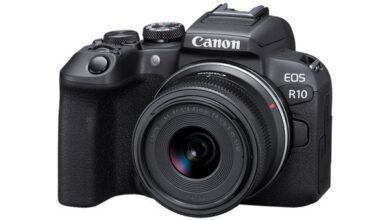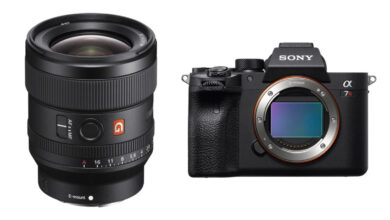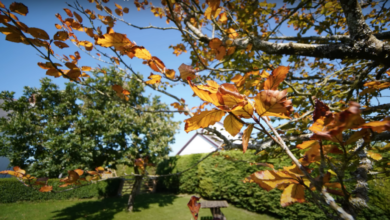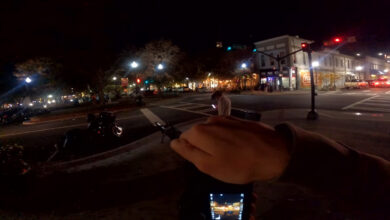The key to becoming a good photographer is simpler than you think
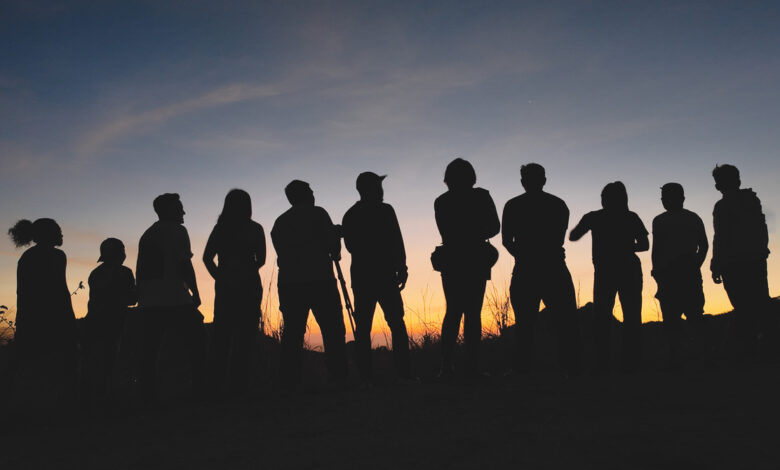
What’s the surefire way to become a better photographer? Especially if you have learned all the technical aspects of your photography field, what more can you do to become better?
Photography is perhaps the art form with the most diverse fields and genres, attracting many people from different walks of life. However, there is one element that is common among all photographers, and it is safe to say that it is also common among all artists, which is the fact that we all aspire to become better. in what I do. But with countless ways to learn a trade and no single path to it, how can we achieve this goal?
There is no single path to becoming a good photographer
There is no one best way to become a photographer. This is even more true when cameras are so ubiquitous that our handheld devices have more than one. One might think that this makes photography more normal but a better way to look at it might be the fact that it makes photography more accessible to more people. While this allows many people to take the profession more lightly, it also gives those with just the passion and perseverance to begin with a reasonable fighting chance.
Although there are many formal courses to study photography at various universities and institutions, the majority of photographers today learn from alternative sources and less structured options. Many photographers start with just one camera, figuring things out as they go and gaining experience. Some start the same way but progress with the help of whatever resources are available such as online instructional videos, articles, and books. Perhaps the only thing that is certain is that there are many ways to get into photography and all of them can be viable paths to success.
What makes you a good photographer?
One challenge that anyone pursuing any form of art faces is the fact that most of what we use as metrics is completely subjective. Some of these subjective factors are internal to the artist, while others are based on presumed audience reactions. Regardless, both perspectives are heavily influenced by personal preferences, interests, and underlying emotions.
Needless to say, one of the biggest factors influencing our perception of how good we are will be our perception of our own work. The second factor that comes into play is how other people react when viewing the photos we take. Because these are subjective, we have to consider other factors that may or may not be a direct measure of how good we are but may provide additional insight.
In recent years with the emergence of social media, many people tend to associate the number of followers a photographer will have on social media and the number of likes their posts will receive with their level of goodness and artistic value. However, it can easily be argued that being active on social media, being able to reach a lot of people, and being able to follow trends does not automatically make one a better photographer than those who don’t. Prioritize access to Facebook or Instagram. . This is not to invalidate talented photographers who have large social media followings but is instead a reminder to photographers that because social media reach and engagement are factors that we cannot control, so it’s best not to make them the deciding factor in how you view your work.
The same goes for photography competitions. While it is safe to say that the winners of photography competitions are indeed talented artists, there are many factors at play and regardless of whether ten photographers or ten thousand compete, There can only be one winner. Winning a photography contest is of course a good confirmation that you are doing well but in most cases losing a contest is also a good confirmation that you have completed your work .
Ultimately, your level of success as a professional photographer can be a good way to validate your talent for the simple fact that if more people are willing to spend money on the work yours then you must have done some things right. However, for any photographer who may be struggling as a professional, remember that other factors such as sales and marketing also play an important role, and not Being successful as a professional photographer doesn’t automatically make you a bad photographer, you may need to strengthen other pillars. about what you do.

After all, we all want to be able to call ourselves good photographers, and it’s important to use well-controlled metrics that don’t rely heavily on subjective factors and other factors. Social media algorithms are unpredictable. Ultimately, what matters is how we feel about our art, and these should not be clouded by external factors.
Now How do we get better?
No matter what kind of art we do, no matter how good we already are, it can be said that we all want to be better. We might want to get better just because it’s something we’re passionate about in life, or we might want to get better so we can do better as professionals. There will be a million different answers that could work for you, but I personally think the most effective steps you can take are to go back to where you started.
By this, I mean going back to how you were enticed to pick up a camera in the first place. What makes you so fascinated that you spend thousands of dollars on cameras, lenses, and other equipment? Get back to a state where you’re willing to learn about everything and anything that intrigues you. For most people, this can best be summed up like this: Go back to being a hobbyist.

Some photographers confuse being a hobbyist with being a professional but in reality, you can be both at the same time. One person professionally takes photos to make money and one person takes photos as a hobby for personal reasons. By ensuring that even if you are a professional practitioner, you still take photography as a hobby, you can increase your chances of finding more inspiration and even gaining experience along the way.

Hobbyists often explore other craft genres as well, and this can also benefit even the most seasoned professionals. For most of us, pursuing creativity in photography can take the form of finding creative solutions to challenges or coming up with new ideas that help our work stand out. Becoming a hobbyist and exploring other craft fields can give you an unlimited source of experience and ideas that can benefit your professional work as well. A portrait photographer who studies landscape photography can certainly convey what they learned while shooting outdoors. A commercial photographer studying landscape photography can benefit from learning how to deal with uncontrollable natural light. Personally, as an architectural photographer, I have benefited from continuously practicing landscape photography and even being exposed to inspiring street photography has influenced how I give my architectural photos a unique twist.
By becoming hobbyists, we keep ourselves passionate, we keep ourselves curious, and we open ourselves up to countless learning opportunities. You only stop getting better at what you do when you consider yourself a master and think there’s nothing more to learn. For many, it may well be the end of the line.

